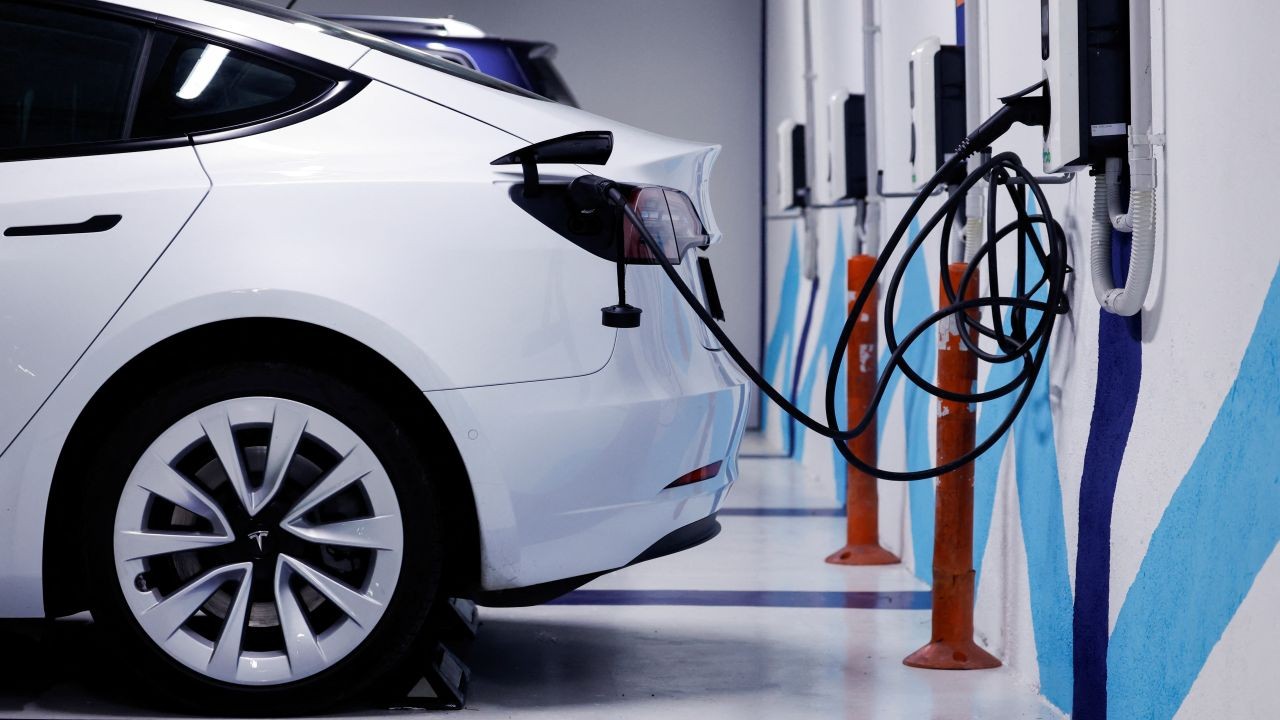In recent years, the spending patterns of Australians have evolved significantly, with fast food consumption notably rising. This shift has implications not only for individual health but also for the broader economy. As we dive into the comparative spending on fast food versus home cooking, we'll explore the economic, cultural, and policy-driven factors influencing this trend.
The Rise of Fast Food Consumption in Australia
Fast food consumption in Australia has experienced a notable increase over the past decade. According to the Australian Bureau of Statistics (ABS), spending on fast food has grown by over 30% since 2010, reaching approximately AUD 20 billion annually. This surge is fueled by factors such as urbanization, busier lifestyles, and the proliferation of food delivery apps.
A significant driver of this trend is convenience. In a time-strapped society, fast food offers an easy solution for meals. The rise of delivery platforms like Uber Eats and Menulog has further accelerated this trend by making it easier for consumers to access their favorite fast food outlets with just a few taps on their smartphones.
Economic Implications of Fast Food Spending
The economic impact of increased fast food consumption is multifaceted. On one hand, it supports the growth of the fast food industry, creating jobs and contributing to GDP. According to a report by IBISWorld, the fast food industry in Australia is expected to grow at an annualized rate of 2.1% over the next five years, reaching AUD 25 billion by 2028.
However, there are also concerns about the long-term economic impacts of a diet high in fast food. Health issues linked to fast food consumption, such as obesity and diabetes, can increase healthcare costs. A study by the Australian Institute of Health and Welfare (AIHW) indicates that obesity-related illnesses cost the economy AUD 8.6 billion annually. This raises questions about the sustainability of current consumption patterns.
Home Cooking: A Declining Practice?
Despite the rise in fast food consumption, home cooking remains a significant part of many Australians' lives. However, its prevalence is declining. Data from the ABS shows that the average household spends less on groceries annually than they did a decade ago, adjusting for inflation. This suggests a shift in priorities, where convenience is often favored over the time and effort involved in home cooking.
Economic Benefits of Home Cooking
Home cooking offers several economic advantages. It is generally cheaper than eating out, providing a more cost-effective way to maintain a healthy diet. A home-cooked meal can cost as little as half of what a similar meal would cost from a fast food outlet. Moreover, cooking at home allows for better portion control and healthier ingredient choices, potentially reducing future healthcare costs associated with diet-related illnesses.
Regulatory Insights: Encouraging Healthier Choices
In response to rising health concerns, the Australian government has implemented several policies aimed at encouraging healthier eating habits. The Health Star Rating system, for example, helps consumers make informed food choices by providing a quick and easy way to compare the nutritional value of packaged foods.
The Australian Competition & Consumer Commission (ACCC) also plays a role in ensuring that claims made by food advertisers are not misleading. This regulatory oversight is crucial in a market where health claims can significantly influence consumer behavior.
Case Study: Fast Food vs. Home Cooking in Urban Australia
In urban areas like Sydney and Melbourne, the contrast between fast food and home cooking is particularly stark. A case study conducted by the University of Sydney examined households in these cities, focusing on their spending habits.
Problem: Many urban households reported difficulty finding time to prepare home-cooked meals due to long working hours and commutes.
Action: To address this, some households opted for meal kit delivery services like HelloFresh and Marley Spoon, which provide ingredients and recipes for home-cooked meals.
Result: These households reported a 25% reduction in meal costs compared to regular fast food consumption. They also noted improvements in dietary quality and family satisfaction.
Takeaway: This study highlights the potential for meal kits to bridge the gap between fast food convenience and the benefits of home cooking. Urban Australians can leverage this solution to balance convenience with health and economic efficiency.
Common Myths & Mistakes
- Myth: Fast food is always cheaper than home cooking. Reality: While fast food may appear cheaper upfront, home-cooked meals can provide more servings and better nutrition for the cost.
- Myth: All fast food is unhealthy. Reality: Many fast food chains now offer healthier options, though it's important to choose wisely.
- Myth: Cooking at home is too time-consuming. Reality: With meal prep strategies and quick recipes, home cooking can be both efficient and satisfying.
Future Trends & Predictions
Looking ahead, several trends are likely to shape the future of food consumption in Australia. According to a report by Deloitte, the integration of AI in meal planning and food delivery services will revolutionize how Australians approach meal preparation, offering personalized dietary recommendations and streamlined grocery shopping experiences.
Moreover, as sustainability becomes a greater focus, there will be increased emphasis on reducing food waste and supporting local produce. This shift could encourage more Australians to embrace home cooking as a sustainable practice.
Conclusion
As Australians continue to navigate their spending choices between fast food and home cooking, the economic and health implications remain significant. While fast food offers unmatched convenience, the benefits of home cooking in terms of cost, health, and sustainability cannot be overlooked. By understanding these dynamics, consumers can make informed choices that benefit both their wallets and well-being.
In your experience, do you find yourself leaning more towards fast food or home cooking? Share your thoughts and strategies for maintaining a balanced approach to meals in the comments below!
People Also Ask (FAQ)
- How does fast food spending impact Australia’s economy? Fast food spending supports job creation and GDP growth, but it also poses long-term health cost challenges.
- Is fast food cheaper than cooking at home? While fast food may appear cheaper per meal, home cooking offers more servings and nutritional value for the cost.
- What are the benefits of home cooking? Home cooking is generally more cost-effective, allows for healthier ingredient choices, and can reduce future healthcare costs.
Related Search Queries
- Australian fast food industry growth
- Home cooking vs. dining out cost comparison
- Impact of fast food on Australian health
- Meal kit services in Australia
- Government policies on healthy eating in Australia





































LittleChicPrints
7 months ago